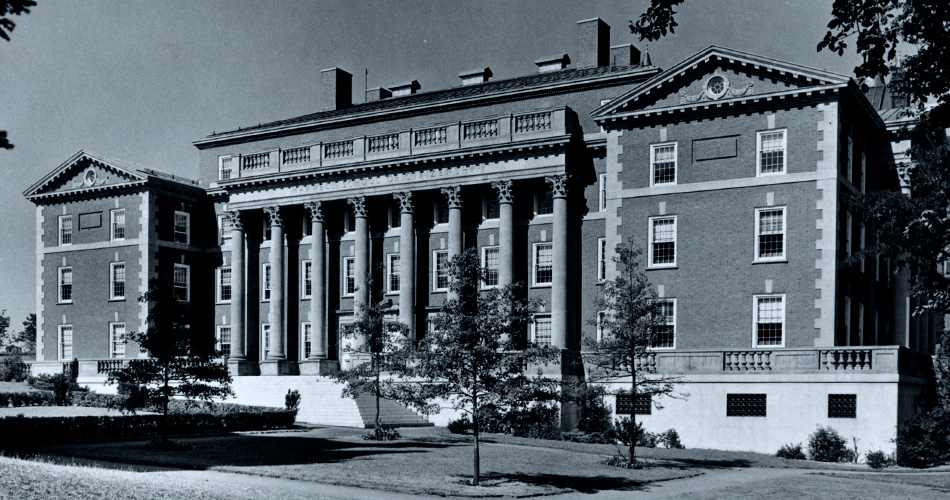TDPE presents: Stelios Michalopoulos
341 Eggers Hall
Add to: Outlook, ICal, Google Calendar
Stelios Michalopoulos, Harvard University
The Long-Run Effects of the Scramble for Africa
We examine the long-run consequences of ethnic partitioning, a neglected aspect of the Scramble for Africa caused by the colonial border drawing, and uncover the following regularities. First, apart from the land mass and presence of water bodies, historical homelands of split and non-split groups are similar across a wealth of observable characteristics. Second, using geo-referenced data on conflict and exploiting within-country variation, we show that the incidence, severity and duration of violence are higher in the historical homelands of partitioned groups. Third, we shed some light on the mechanisms showing that military interventions from neighboring countries and conflict between government forces and rebels that aim at countering state authority are much more likely in the homelands of split groups. Fourth, our exploration of the status of ethnic groups in the political arena reveals that partitioned ethnicities are systematically discriminated from the national government and are more likely to participate in ethnic civil wars. Finally, using micro-level data we find that individuals identifying with split groups have lower access to public goods and lower education. The uncovered evidence brings in the foreground the detrimental repercussions of ethnic partitioning.
Stelios Michalopoulos is a Visiting Assistant Professor at Harvard Business School and Assistant Professor of economics at Brown University. He is also a Faculty Research Fellow at the NBER and CEPR. His primary research interests lie in the areas of political economy, growth and development, and the economics of culture. He has published in leading economic journals including the American Economic Review, Econometrica, Journal of Political Economy and the Quarterly Journal of Economics.
Open to the public!
Sponsored by the Trade Development and Political Economy Program at the Moynihan Institute of Global Affairs
Open to
Public
Contact
Accessibility
Contact to request accommodations

We’re Turning 100!
To mark our centennial in the fall of 2024, the Maxwell School will hold special events and engagement opportunities to celebrate the many ways—across disciplines and borders—our community ever strives to, as the Oath says, “transmit this city not only not less, but greater, better and more beautiful than it was transmitted to us.”
Throughout the year leading up to the centennial, engagement opportunities will be held for our diverse, highly accomplished community that now boasts more than 38,500 alumni across the globe.